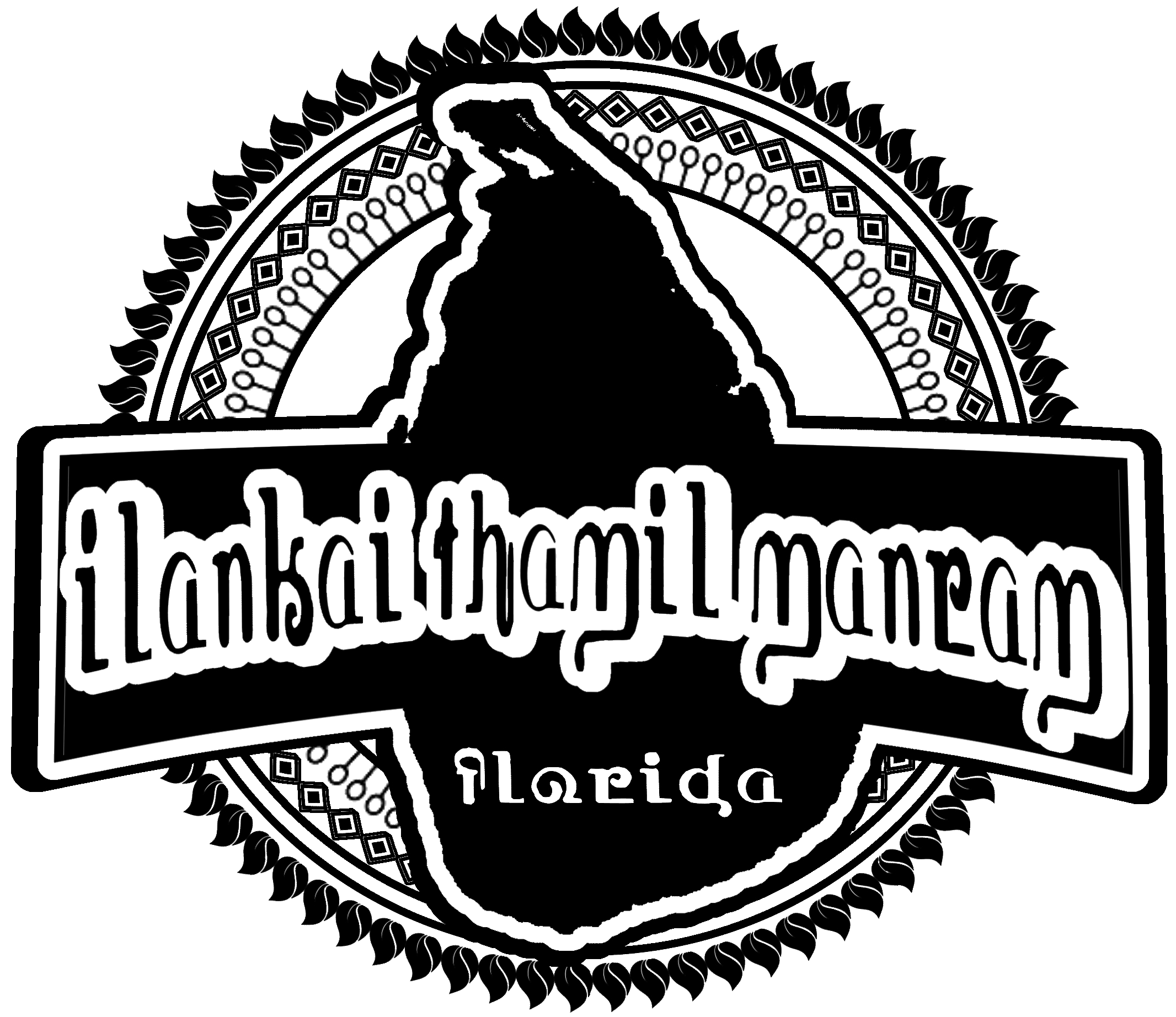
On January 24, 2024, the parliament of Sri Lanka passed a bill which could result in the restriction of certain forms of online speech.
In general, online safety may appear a fairly universal goal. However, it is in the means used to achieve such a goal that leads to much debate. Many countries have laws which in some way or another restrict online speech. The methods of implementation can range from censorship of websites, to sanctions placed upon social media platforms, to punishment directly upon the poster themselves.
Therefore, why has the Online Safety Bill recently passed by the Sri Lankan parliament engendered a great deal of outcry, not only from within the country, but from other nations and NGOs as well? The answer lies in the details of the bill itself and the fact that its enforcement allows for a great deal of interpretation, which some view as open to misuse by interested parties.
Sri Lanka claims the bill itself was formulated for the purpose of preventing and punishing harassment, fraud, and abuse online, which seems like a laudable goal. However, the means by which it proposes to do so is by the creation of a five-person “Online Safety Commission” which will be directly appointed by the president. This commission will have authority to decide what online statements are considered “false” or “harmful” under the bill, terms which are not clearly defined in the bill itself.
Furthermore, the bill claims to apply to any person “in or outside Sri Lanka” who causes such harm. While the bill appears to suggest that any posts/websites originating outside the country and deemed harmful would result in a demand that the hosting platform prevent access to the site within Sri Lanka, there is no mention of how further enforcement would occur against parties outside of the country. However, given the relative gravity of the punishments proposed, including large fines and possible imprisonment up to five years, the bill may have a chilling effect for those who have ties to the nation, whether familial or financial.
The Asia Internet Coalition has labeled the bill “a draconian system to stifle dissent,” and the United Nations’ OHCHR worried it “could potentially criminalize nearly all forms of legitimate expression” when the draft was first proposed. Even the United States Ambassador to Sri Lanka expressed her concern that “In addition to jeopardizing democratic values, vague and overly restrictive legislation can hinder investment.” Whether fears about this bill will come to fruition is yet to be seen.
